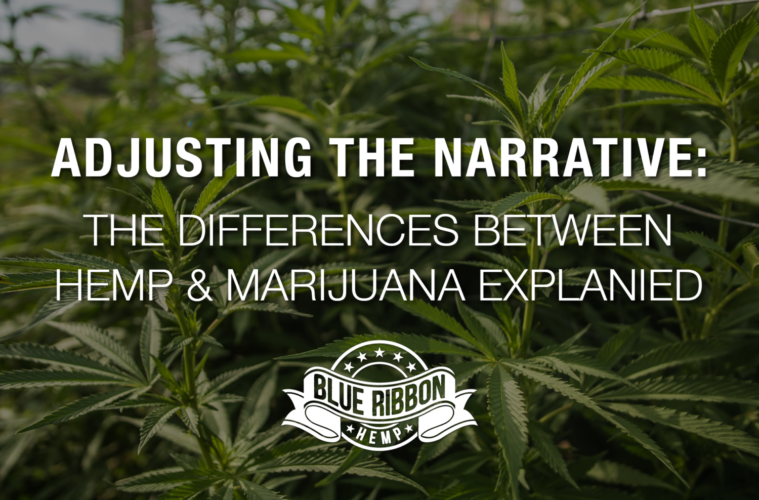Sales of CBD are on the rise, but particularly so for a certain age group. Many will be surprised to hear it’s not Millennials driving the industry along. The use of CBD for Baby Boomers, those born within the years 1944 and 1964, are using cannabidiol more and more compared to other age groups. As many people learn about the natural health benefits of CBD, the demographics have started to shift. According to a study done by New York University, Baby Boomer CBD users doubled from 2.6% to 4.8% in the year 2018 alone and continue to rise. So what are the benefits of CBD for the baby boomer generation and is it time for you to jump on the bandwagon?
What is CBD?
First, let’s define what CBD is. This naturally derived compound is one of many cannabinoids found in hemp and sativa cannabis plants. CBD, also known as cannabidiol, is thought to help with pain management, inflammation, stress, and auto-immune disorders among other ailments. Though research is still new and emerging and more scientific studies are needed, there looks to be promise for CBD as a natural alternative for some prescription medications and recovery tools. CBD works for you by working with your body.
CBD vs THC
CBD is in fact different from THC, its often times better known cousin. THC carries psychoactive and “intoxicating” properties through its interaction with the human body’s endocannabinoid system, which differs from the interaction of CBD by zoning in on the central nervous system as an activator. CBD interacts primarily with the CB1 and CB2 receptors, typically responsibly for transmitting messages to the brain, but has less interaction with the CB1 receptor which THC impacts very directly and creates the high feeling.
CBD For Pain & Inflammation
When it comes to CBD and pain management, early stage studies and research are promising. CBD can offer an alternative to those suffering from chronic pain who rely on prescribed medications like opioids with habit-forming side effects. More research is needed to scientifically verify the pain relief benefits of CBD, but we do know it impacts the ECS – the endocannabinoid system. Our ECS is made up of receptors that interact with the brain, stimulating and sending signals that allow and prompt our cells to respond. This response can result in reduced or blocked pain as well as anti-inflammation, aiding in the overall pain management our bodies and brains are capable of. The use of CBD for arthritis, MS, cancer or any other chronic pain causing ailment could be the alternative relief addition you’ve been waiting for.
CBD For Mental Health
CBD is thought to have positive impacts when it comes to mental health, aiding in stress reduction, anxiety relief and even schizophrenia. There have been limited clinical trials conducted surrounding CBD and its impacts on psychiatric disorders and the results are again, promising. CBD seems to be able to help calm the brain through its interaction with the ESC, supporting the hippocampus, the region of the brain important for healthy emotion and memory. The draw to CBD for mental health is ever-growing as nearly 20% of Americans suffer from anxiety or depression and are seeking a more natural alternative to common drugs used like valium. CBD oil is a popular choice of consumption when it comes to targeting mental health or stress reduction as the sublingual consumption allows the active ingredients to enter the bloodstream almost immediately. Though CBD for mental health is still a developing field with more expected trials emerging, there has already been an FDA approved CBD treatment for epilepsy, GW Epidiolex. Using CBD as an alternative to prescribed medications or in addition could have a positive impact on specific conditions as well as overall mental health.
CBD For Sleep Aid
The endocannabinoid system plays a large role in maintaining certain bodily functions, including sleep. CBD’s interaction with the ECS indicates that there is potential influence on the sleep and wake cycle. With that, CBD’s ability to reduce stress signals to the brain can positively impact sleep and rest. Sleep can often be impacted by heightened activity in the brain, the cause of insomnia. According to a study in 2019, CBD is able to work with the body and brain to reduce the signals being transmitted, whether its pain signals, stress signals or anything in between which can often be the culprit of poor sleep or insomnia. Taking CBD before bed could be the perfect night-cap to end a long day, or any day.
Takeaways for Baby Boomers Who Want to Try CBD
- CBD can be used for pain management and inflammation mitigation
- CBD topicals can be useful for targeted application
- CBD works for stress and mental health by working with the ECS
- Sublingual CBD is great for fast-acting relief
- CBD before bed could result in a more restful sleep
- CBD research is limited but promising
- CBD is a natural alternative for multiple ailments
- Always consult your physician if you have questions regarding CBD
- Turn to trusted CBD sources like Blue Ribbon Hemp, crafted with seniors in mind.
Advertising disclosure: We may receive compensation for some of the links in our stories. Thank you for supporting LA Weekly and our advertisers.


